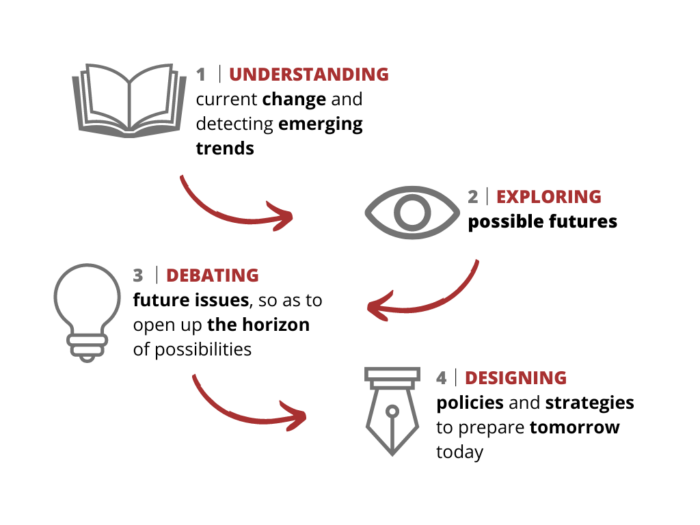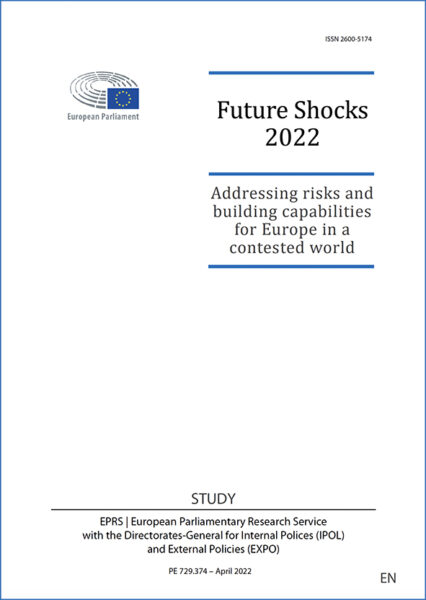Between now and June 2003, the European Convention must make proposals to the enlarged European Union for institutions that are at last designed to meet the EU’s purposes. This article by Robert Toulemon is therefore timely. In it, he emphasises the political and humanistic dimension of the moves towards unification and offers a third way between the two opposing schools of thought which have existed for the last half-century: intergovernmental cooperation versus federalism.
After recalling the issue involved -“to avoid an enlarged European Union being impotent”- Toulemon discusses in turn the aims and range of competencies of the EU; its potential institutional arrangements; and the procedures to ensure what he calls the “necessary differentiation within integration”.
With regard to aims and competencies, it is important to know what we want to do together. Toulemon argues that we want more than a single market -we would like to create a political union with real power to determine foreign policy and defence policy issues; within the EU, we need control over law and order, as well as social and fiscal matters.
Toulemon emphasises clearly that the preamble to any future Constitution for the EU should set out the key competencies that ought to be devolved upwards to the Union while also ensuring that European institutions do not drown in the detail, and community involvement in “minor” matters (rules on hygiene, dates for the start of the hunting season and the like) should remain the responsibility of individual states or regions.
With regard to the institutional arrangements, Toulemon dismisses both traditional schools of thought and instead argues in favour of having a President of the Union and a “presidium” of half a dozen respected individuals who -and this is important- would be responsible for representing the common interests of Europe as a whole and not the special interests of the member states. At the same time, he offers various suggestions for making the EU more democratic and for organising the necessary legislative bodies.
Lastly, as to “differentiation within integration”, Toulemon ponders the possible ways of solving the present dilemma in which the expression of a real European political will is hindered, in particular with regard to the decision-making process, and yet unanimity is required, which is all too often a cause of paralysis.
Toulemon is highly critical of the fact that a tiny minority can permanently block the clear wishes of the majority, even with regard to constitutional matters. He offers various proposals for ways of giving EU bodies the speed and efficiency required for some kinds of decision-making. In particular, he suggests adopting a straightforward rule of two-thirds majority voting, which would give states a certain freedom of choice without paralysing the whole Union.
Europe fédérale/Europe des États : une troisième voie
Cet article fait partie de la revue Futuribles n° 282, jan. 2003


